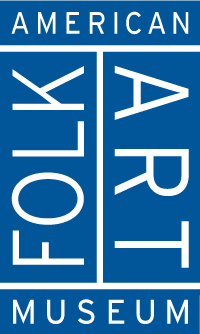Record Details
Black-bellied Plover
Anthony Elmer Crowell spent most of his adult life, and many of his younger years, working and hunting in the outdoors. As a young man, he was a market gunner, a cranberry farmer, and a field guide. In 1900, he was hired as manager of a hunting camp at Wenham Lake, near Boston, where he made and sold decoys and decorative carvings. After 1912, he started to carve full-time from his home in East Harwich. Crowell’s best decoys show his exceptional skill as a carver and painter. He regularly used white pine and constructed the decoys with solid bodies. After shorebird market gunning was outlawed, he turned his talents to making decorative bird carvings. Crowell’s decoys fall into three general periods. The earliest exhibit the most detail carving; the second type was carved only in the outlining of the tail feathers; and the latest were plain and uncarved. Even the simplest forms, however, received exceptional painted patterning.
Stacy C. Hollander, "Black-Bellied Plover," in American Anthem: Masterworks from the American Folk Art Museum (New York: Harry N. Abrams in association with American Folk Art Museum, 2001), 368.
Object information is a work in progress and may be updated with new research. Records are reviewed and revised, and the American Folk Art Museum welcomes additional information.
To help improve this record, please email photoservices@folkartmuseum.org














